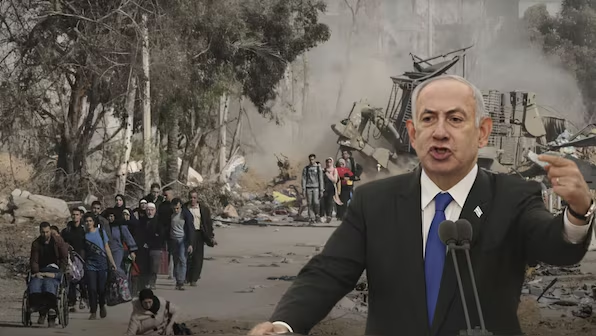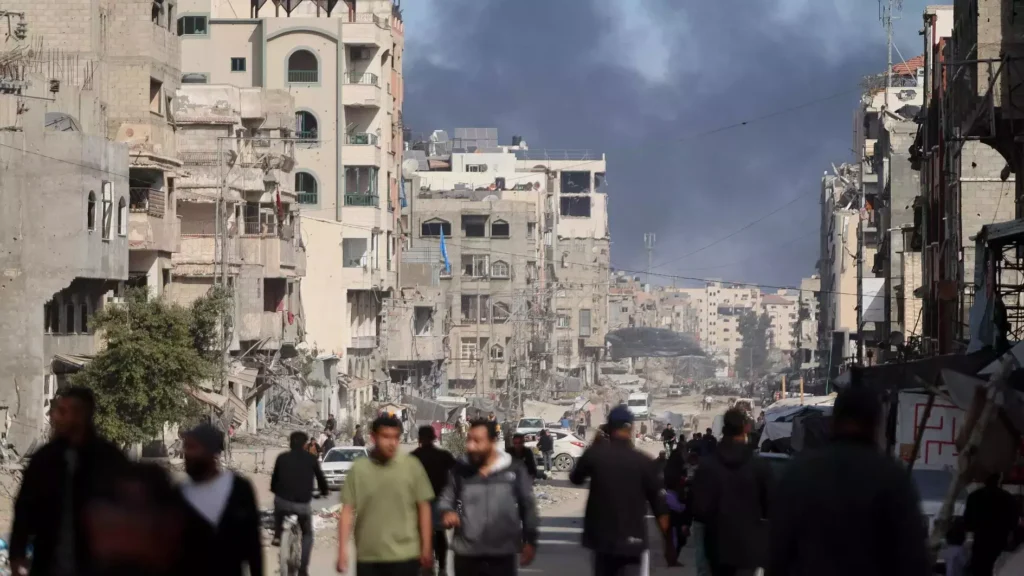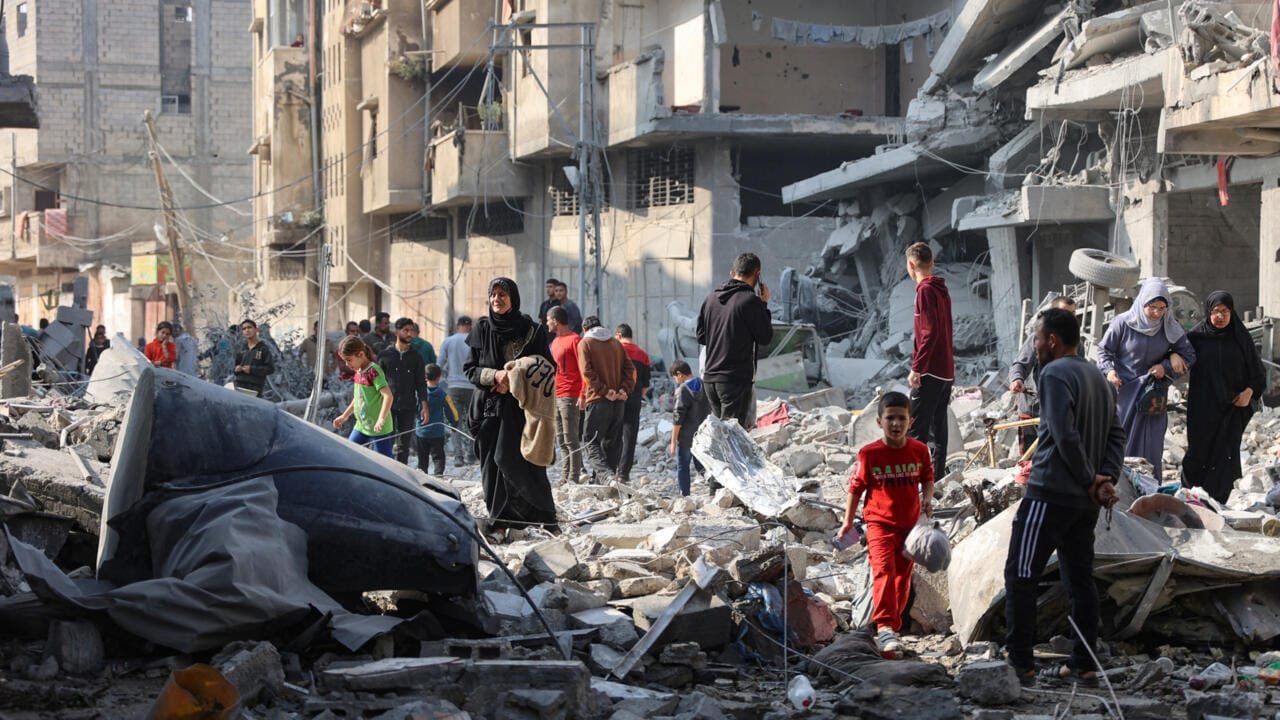Key Highlights:
It is further stated that the United Nations Special Committee to Investigate Israeli Practices Affecting the Human Rights of the Palestinian People has aired severe reservations over Israel’s military attacks on Gaza. The committee relates that the operations conducted by Israel defined within the concept of genocide, with emphasis on starvation as a form of warfare.
Starvation as Warfare Tactic
The UN committee’s report underlines the fact that Israel has been imposing life-threatening conditions on Palestinians in Gaza, and that humanitarian aid was prevented, with intentional attacks on civilians, as well as aid workers, resulting in a mass civilian casualty and deemed an intentional step to cause death and serious injury. The practices of the committee are deemed to be consistent with the characteristics of genocide.

Destruction of Vital Utility Services and Environmental Consequences
The report also captures the heavy bombing that the Israeli forces have undertaken, decimating all services in Gaza. According to recorded figures at this point in February 2024, over 25 000 tonnes of explosives had been used throughout the entire Gaza Strip-that’s equivalent to two nuclear bombs. The extent of damage has crippled critical infrastructure instead and unleashed an environmental catastrophe with a long-lasting impact on the health of the population.

International Response and Legal Consequences
Quickly, the findings of the committee became an international, passionate debate on a pertinent question regarding Israeli military strategies against Gaza in terms of legal and moral implications. Human rights organizations praised the committee by pushing a claim for an investigation into violations of international law. One very chilling assertion that emerged was that Israel used starvation as a method of warfare-that tactic is forbidden under international humanitarian law and constitutes war crime.
Israel’s Response to the Allegations
Israeli officials countered by stating that the report bases the accusations against them on nothing but falsehoods and lies. They claim their military operations to be in defense of attacks by militants in Gaza, while the blockades and restrictions are to prevent the flow of weapons-smuggling into Gaza and protect Israel’s civilians from such attacks. However, many argue that this weighs more heavily on the civilian population, a collective punishment where there is no direct threat to any individual or groups.
Humanitarian Crisis in Gaza
The situation in Gaza has now reached a boiling point, a report indicating the northern region of that whole sector is on the verge of succumbing to famine. In fact, floodgates that previously allowed humanitarian aid into Gaza have since closed; this situation has contributed immensely to a full-blown crisis across the country, as millions are stuck with no access to basic necessities, including food, clean water, and medical supplies. International aid organizations are now out there calling for swift action that will free the civilian population from their suffering as well as get aid through to them.
Calls for accountability and legal action
The U.N. committee report has triggered calls for more people in positions of authority to be brought to book over alleged war crimes in Gaza. There has been an increase in demand from international tribunals to investigate and prosecute those involved and hence entities behind the alleged infringements. There has been a call for the International Criminal Court (ICC) to speed up its investigations into the situation in Gaza and establish if there are any war crimes or crimes against humanity that have occurred.
International Community Role
The international community is at a crossroads about how to deal with the report of the U.N. committee. A common response should be called for to avoid further deterioration and protect the rights and lives of Gaza civilians. The parties to the conflict should be engaged diplomatically to seek a peaceful resolution through concerted dialogue. There is also a moral obligation to let humanitarian aid come where it is needed the most.
Conclusion
The report by the United Nations committee focuses on extreme humanitarian and legal concerns brought by Israeli military campaigns in Gaza. The fact that allegations involve actions that are genocide-like, especially starvation as a weapon of war, calls for an immediate response by the international community. Accountability for this complex issue and ensuring the rights and lives of civilians must be opened for urgent discussion, given critical requisites to abide by international law.
For Latest News Updates Click Here
